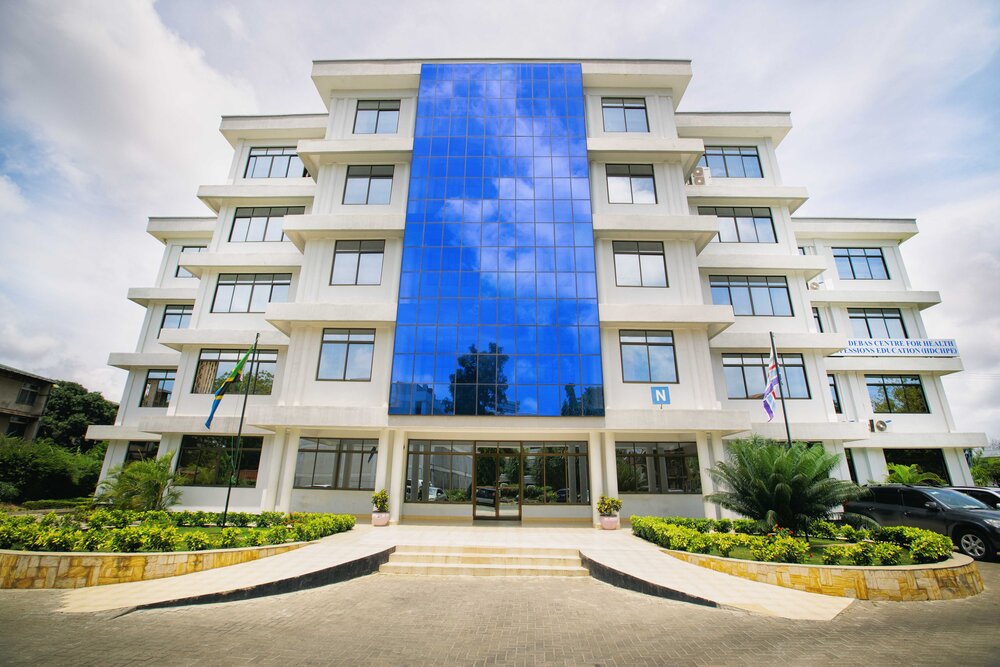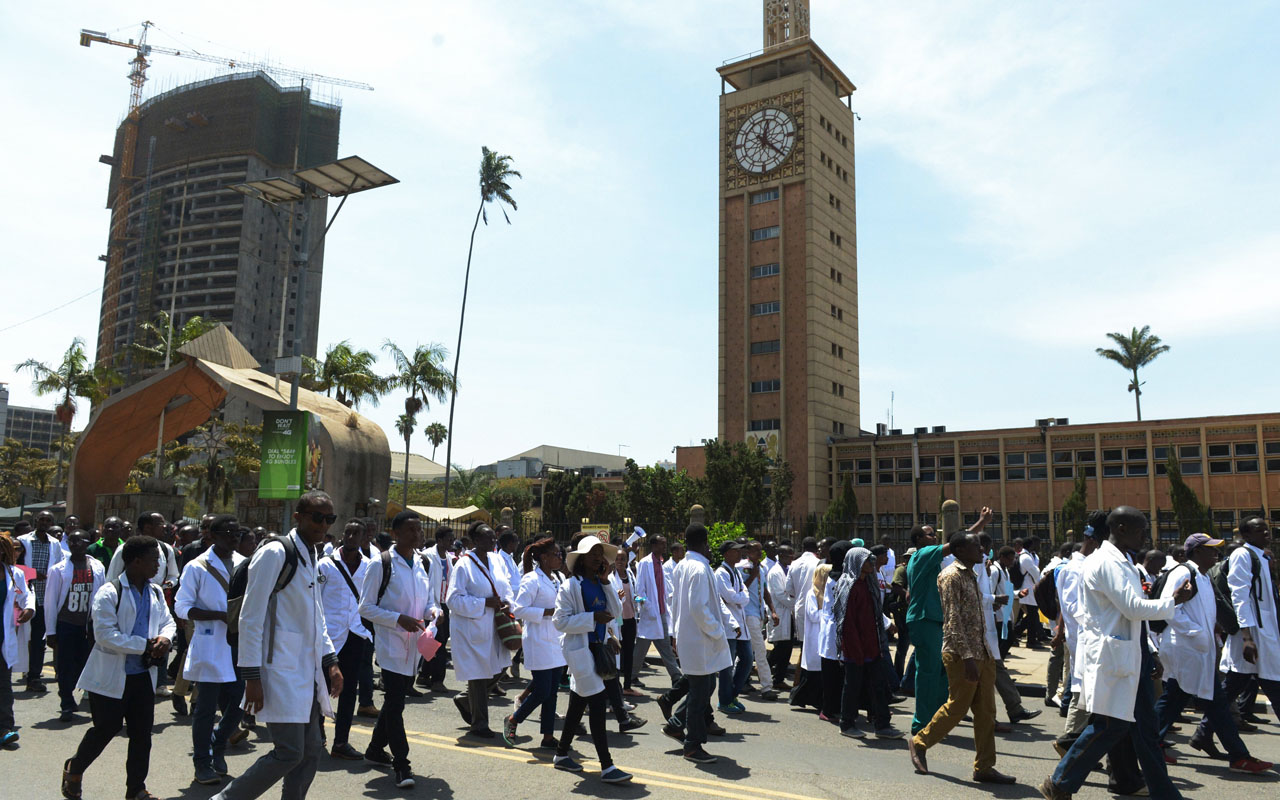Your article on this website, titled: Tanzania: Why doctors quit practice for non-medical jobs, raises pertinent issues for our healthcare systems, not only for Tanzania but East Africa and may be Africa in general.
The migration of trained health personnel to non-clinical areas is a serious concern to our countries with limping systems. When ten doctors are lost to other sectors, where they feel comfortable, the implication is 100,000 sick people are left with no one to attend to them when they fall sick.
Creative ways are required to address the issues raised by the researchers and those not raised in the article.
Research should be directed towards addressing the driving factors with solutions that fit in our countries with their meagre resources.
Home-based solutions must be found to the ever increasing workload on doctors that start right from internship period where a junior doctor is expected to work between 24-36 hours non-stop and has to grasp or digest excessive amount of information in the shortest time possible.
Also read: Doctors are quitting district hospitals in Tanzania. Times have changed, tactics must change
Medicine is a calling, which requires a lot of physical, psychological, economic investment, unfortunately, the first two are always ignored.
Researchers need to provide ways of dealing with the psychological challenges doctors face as a result of burn out due to excess workload, and loss of patients, especially in public health facilities, who would have survived if the necessary equipment is available, that is to say drugs, oxygen, sutures and so on.
This makes a doctor feel helpless, which results into empathy fatigue whereby doctors turn off their emotions and become detached from everything in order to cope through these experiences.
This is compounded with absence of essential materials like housing, food, transport and poor pay for the health workers.
What needs to be done to reduce the number of patients that put immense pressure on public health facilities and medical personnel? Researchers should be interested in the issue of preventive medicine and its immense benefits to our countries.
What is the cause of disinterest by our leaders, at various levels, that they don’t find important to invest in our health care systems that find comfort in spending the meagre resources on being treated outside? What are those underlying reasons, we the ordinary doctors and citizens may not know? Why do they prefer to die far away from their countries? Why are aloof to our cries? Why are they disinterested in our career growth? Medical and social researchers need to provide us with answers and solutions.
The exodus
The process through which we join the medical career contributes to migration or exodus because students are chosen based on their grades not interest whereby those with high grades easily join the course but become disillusioned with time as most of the fantasies they had are shattered whereas those with lower grades who have the zeal for the course are actually shut out. Should we continue to look at only higher grades as the only way into the medical profession? Researchers need to help in this area.
The manner in which the medical training is delivered is still dogmatic, there is need for serious review that should also address our country challenges and short comings.
Also read: Post-internship exams for young doctors in Tanzania put on plan
Mentorship opportunities are scarce for example an individual who wants to pursue neurosurgery may find it hard because there are very little opportunities to work with one, let alone go for further training.
Motivating health workers alone is not the only solution, creative ways to address the enormous challenges our health systems are required and researchers have a big role to play.
The exodus of doctors will further harm our people.









